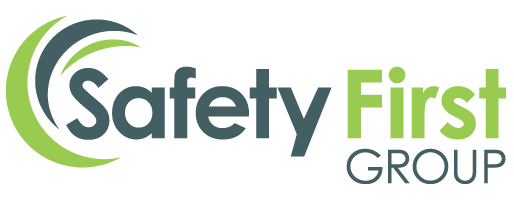What you need to know
The HSE has recently shared that some letting agents and consultants are misinterpreting landlords responsibilities when it comes to legionella. This has led to some landlords being charged incorrectly for legionella testing and certification. But do you understand the law on legionella for landlords? We have summarised some of the HSE recommendations below. Hopefully this will help to lower your financial burden for health and safety whilst still limiting exposure to risk for your tenants.
What is Legionella and how does it apply to landlords?
Legionella is a bacteria that thrives in environments such as man made hot/cold water systems, and other conditions where moisture and water droplets can stagnate. Bacteria love a stagnant water supply so will then multiply, increasing the risk of exposure to Legionella. This allows Legionella to colonise, which means that both hot and cold water supplies need to be managed for risk.
Legionella can cause a potentially fatal form of pneumonia called Legionnaires disease. Legionnaires is caused by inhaling small droplets of contaminated water. So, if you are a landlord, it is really important I know the law when it comes to Legionella risk.
If you rent or lease a property under a license that is shorter than 7 years, you are classed as a landlord. This applies to:
- Housing Associations
- Private sector landlords
- Housing cooperatives
- Hostels Local authorities
If you rent out property, including just a room in your own home, you are a landlord. The law is clear about your legal responsibilities where health and safety are concerned.
As a landlord, you are required by law to ensure the health and safety of your tenants are taken care of and premises free from health hazards.
Landlords and the law
There are two specific laws that are applicable to landlords. They are:
- Section 3(2) of the Health and Safety at Work Act 1974
- The Control of Substances Hazardous to Health Regulations 2002 (COSHH)
Section 3(2) of the Health and Safety at Work Act 1974, states that relevant health and safety legislation applies to landlords to ensure that a duty of care for their health and safety is shown to their tenants.
COSHH law states that any substances, including biological agents (e.g. Legionella) need to be identified and risk assessed in order to implement measures to control any risk that exists. This legislation has been in place since 2001, which means that there has been a requirement for landlords of domestic and business premises to assess and mitigate risk for the last 20 years.
Nothing has changed since the introduction of these laws, so let’s clear up exactly what your responsibilities are and what next steps you need to take.
Next Steps
As a landlord it is your responsibility to identify and manage any risk of exposure to legionella in order to provide a safe and risk free environment for your tenants. However, it is important to know that domestic properties carry a low risk owing to water systems being used regularly.
Most residential properties use cold water from a clean mains supply, no storage tanks used, and the only water outlets are from toilets and sinks. Where combi-boilers and electric showers are installed, the risk is even lower.
A simple risk assessment can be conducted to show low risk, and low exposure. If any changes to the system occur, you would need to reassess the risk, but at this stage risk can be assessed without the necessity for costly intervention.
For more information on this subject you can check out what the HSE has to say on Legionella for landlords. Need something more visual? You can download our Legionella for Landlords infograph below.
